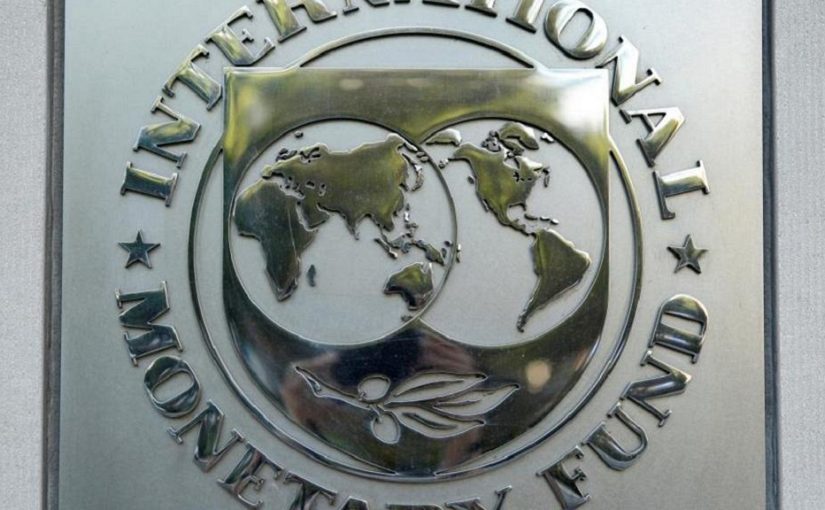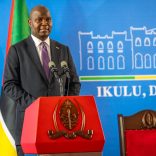Mozambique: Freezing of exchange rate contributes to foreign currency shortage
IMF points to public debt containment as one of Mozambique’s main challenges

The representative of the International Monetary Fund (IMF) in Mozambique said on Monday that the containment of public debt was one of the main challenges of the country, considering it essential that negotiations with creditors bring results in the near future.

“It is necessary to bring the public debt to a sustainable trajectory. The Mozambican public debt stock is much higher than the SADC average,” Ari Aisen said during a presentation in Maputo of the latest IMF report on the economic outlook for Sub-Saharan Africa.
The document, released in early May, shows that Mozambique’s public debt reached 110.1 percent of gross domestic product (GDP) in 2018 and is expected to continue to rise to 130.3 percent of the country’s GDP by 2022.
For the IMF’s representative in Mozambique, the fact that the Mozambican government is negotiating a restructuring with creditors is positive, but it is necessary to ensure that the process presents results quickly. “We will have to wait to see the development of these discussions. We need to see if there is scope for a restructuring that will bring the debt position to a more sustainable level in the near future,” Aisen added.
In March, the Mozambican government proposed 50 percent relief on interest arrears, or US$124.5 million of US $249 million, and three restructuring options that extend payment terms.
Mozambican civil society organisations and opposition political parties have accused the government of lack of transparency and fraudulent management of the process. In question is a spike in Mozambican public accounts in 2013 and 2014.
According to an international audit, three publicly traded companies contracted debts of about US$2 billion (about one eighth of the country’s GDP at the time) based on state guarantees signed in violation of the law, and undisclosed to partners, in what became known as the hidden debt scandal.
Despite the unsustainability of public debt, Aisen said that there was “good news” for Mozambique, highlighting improvements in the political-military environment, with the peace situation that the country is experiencing after military confrontations between government forces and the armed wing of the largest party of opposition ceased.
“Inflation has slowed considerably, and this is a big gain for the economy; international reserves have increased and the exchange rate has stabilised. This creates room for other indicators to improve,” Aisen noted, warning, however, that the challenges remain. “The key question now is how to create a business environment that allows the private sector to invest more and make the economy grow,” Aisen said, suggesting lower interest rates and simpler policies to stimulate investment.













Leave a Reply
Be the First to Comment!
You must be logged in to post a comment.
You must be logged in to post a comment.